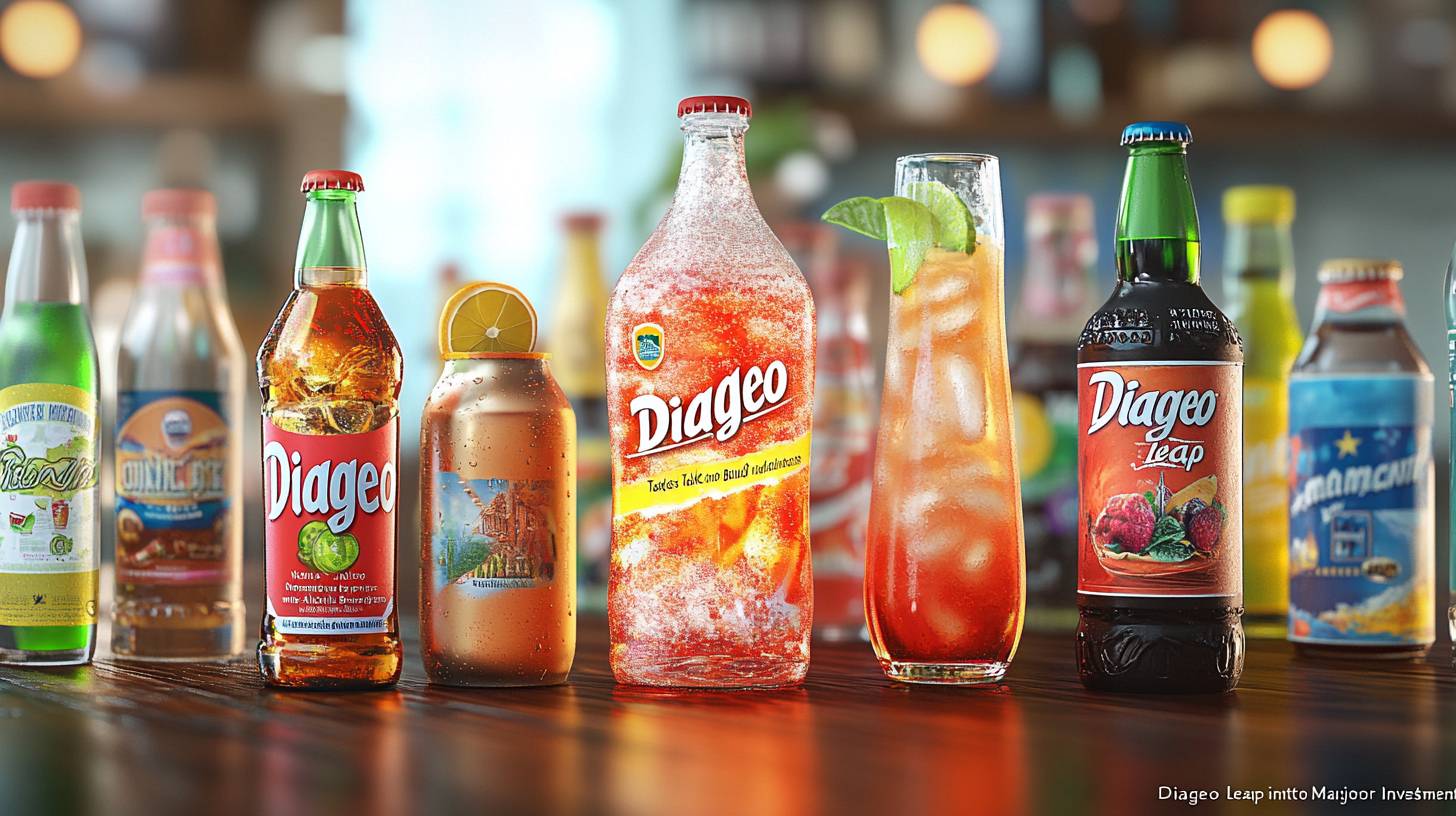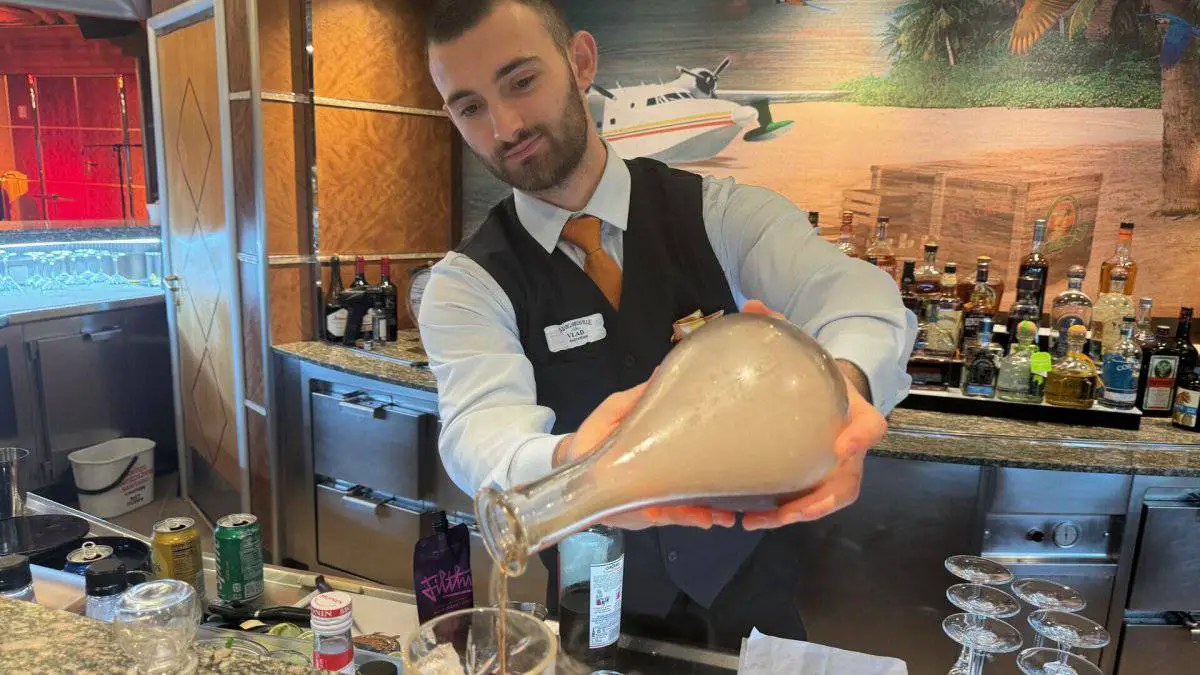
increasing interest in non-alcoholic beverages
In recent years, there has been a notable rise in the interest for non-alcoholic beverages, transforming it into a very lucrative market. This change has inspired numerous alcohol producers to explore and participate in the zero-proof beverage sector.
As reported by BCG, non-alcoholic drink sales currently represent nearly 4% of the total alcohol market globally, with projected annual growth rates surpassing 7% from 2023 to 2027.
Nonetheless, this movement is not solely motivated by a quest for total sobriety. Rather, a significant number of consumers aim to cut down or moderate their alcohol consumption by balancing between alcoholic and non-alcoholic choices.
The U.S. has become a profitable terrain for these zero-proof beverages, with 82% of alcohol consumers also opting for non-alcoholic drinks. As of 2023, the value of the U.S. non-alcoholic beverage market exceeds .8 billion, and the low/non-alcohol category has seen an average growth rate of 25% year-on-year from 2019 to 2023.
diageo’s growth in the zero-proof arena
Diageo infuses a sober twist into its alcoholic beverage offerings
Diageo, a British enterprise known for its extensive portfolio of over 200 premium alcoholic and non-alcoholic drink brands, has made notable advancements in the non-alcoholic sector. Its flagship brands feature Don Julio, Crown Royal, Johnnie Walker, Baileys, and Guinness.
Although Diageo is mainly acknowledged for its alcoholic products, the company has been proactive in advocating for responsible drinking through its Drinkiq initiative, which educates consumers about mindful consumption.
In 2020, Diageo rolled out Guinness 0.0, a non-alcoholic rendition of its legendary beer, designed to mimic the classic Guinness flavor while being alcohol-free. This product has seen a strong market response, with sales surging by nearly 50% from February 2023 to February 2024.
Guinness 0.0 has even surpassed Heineken 0.0 to become the top-selling non-alcoholic beer in the UK. However, the production of Guinness 0.0 is more labor-intensive and expensive compared to its alcoholic version, as it requires an additional two days for cold filtration to eliminate the alcohol content.
In July 2022, Diageo allocated €25 million towards establishing a new facility at St. James’s Gate in Dublin, Ireland, specifically for the production of Guinness 0.0. This investment was intended to cater to the escalated domestic and international demand for the brand.
With this new manufacturing site, Diageo anticipated that Guinness 0.0 would constitute 10% of total Guinness sales within the Irish market, with global production projected to spike by nearly 300% in the forthcoming years.
Diageo unveils bold plans to bolster its non-alcoholic segment
In a pivotal announcement, Diageo recently revealed intentions to nearly triple its Guinness 0.0 production to 176 million pints each year. This growth initiative entails an additional €30 million investment, swelling the total funding in the zero-proof beverage to €60 million since its inception in 2020.
Diageo recognizes the lucrative potential of the North American ‘sober curious’ market, which represents 39% of its revenue. To further solidify its presence in the U.S. non-alcoholic spirits market, the company acquired Ritual Zero-Proof Non-Alcoholic Spirits last month, aiming for sustainable advancement in this fast-evolving category.
Australia is also experiencing an uptick in the demand for non-alcoholic drinks, with expectations that the market here will mirror global patterns. Diageo’s foray into the zero-proof domain may offer enticing prospects for Australian investors, especially as the company keeps innovating and expanding its reach. The emerging ‘mindful drinking’ trend in Australia, where consumers are actively seeking low or no-alcohol options, aligns perfectly with Diageo’s approach. Given the company’s robust brand presence and dedication to the non-alcoholic segment, it’s plausible that we’ll observe an increase of these products on Australian shelves shortly.

